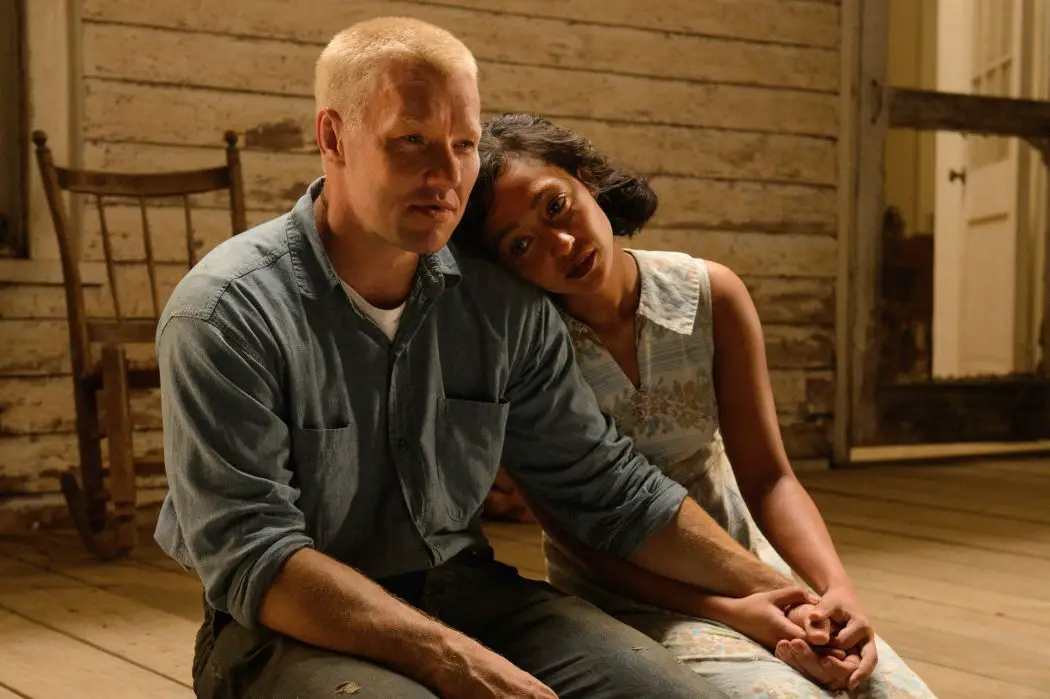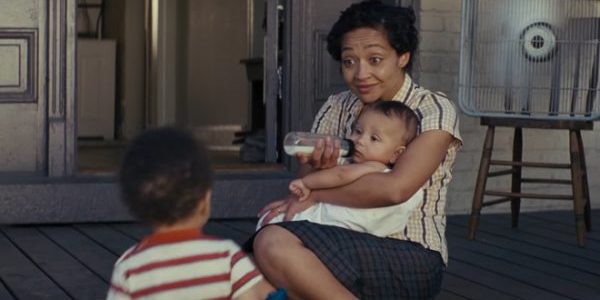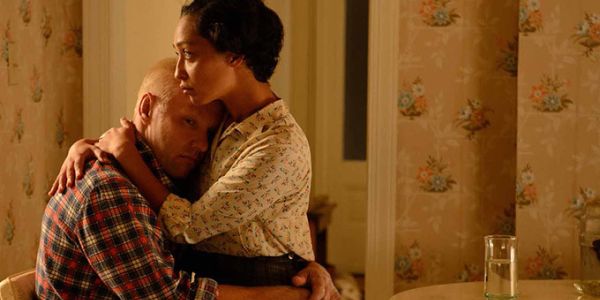LOVING: An Ode To The Simple Things

A bi-product of passion and experimentation gone wrong, Mike has…
Love is our greatest joy and the source of our deepest pain. It’s the most unexplainable of phenomena, one that can’t be proved by quality or quantity in the scientific method. No one can rationally explain love or defend it through conventional language. We’ve all experienced love on some level, and yet have no way of truly express what it means or what it does to us. It is that it is.
Thusly, the foundation of art was born in an attempt to convey the power of romantic love. The exquisite revery of this powerful and unseen energy has produced countless treasures of beauty and expressions of pain at the loss of love. Some of the most famous works of art were born out of a deeply moving encounter, or from a place of nostalgia and a desire to rekindle what has been lost in time.
But there are those works of art that mean something perhaps not necessarily apparent to the patron. In Loving, Jeff Nichols’ historical-drama about an interracial couple who helped change marriage laws in The United States, the characters are reflections of Nichols own lineage and it’s quite the different kind of biography. It’s a still picture that believes quiet moments are on the same level and have the same power as one would expect from conventional, over-the-top reenactments.
Biographical Simplicity
Based on Richard Loving (Joel Edgerton) and Mildred Jetter’s (Ruth Negga) true life romance that became a huge turning point in the fight for equal rights, the film begins as the couple discovers they are pregnant. They aren’t allowed to get married in Virginia because of anti-miscegenation laws, so the couple ventures northward to Washington D.C. where they are wed as man and wife.
But when they return home, they are met with bigotry and hatred and are jailed for their actions – setting in motion events that would lead to one of the most crucial Supreme Court decisions of the 21st century, and really for all modern societies.

Loving is Jeff Nichols’ second film in 2016 and it proves that he is unmatched as a filmmaker in the art of cinematic minimalism. With his superhero deconstructionist film that mirrored a spiritual awakening, Midnight Special, Nichols was able to bring life to a genre that has been populated with stilted characters and plots solely revolving around world wide destruction. He produced an insane amount of humanity and heart in Midnight Special, something yet unseen in the uncontrollably expanding universes.
With Loving, he has made something entirely different yet just as equally impressive in its artistic embellishment. Where most directors go-for-broke with their distinct aesthetics, Nichols reins in the obviousness and proficiently controls the parts within it. He and director of photography, Adam Stone, block the scenes with a high degree of effortlessness. Nothing ever looks staged, but it’s as if Stone and Nichols trekked back in time to the 1960s and simply photographed the lives of these simple folk unfolding.

This desire to time travel is what seems to have motivated Nichols to do this project in the first place. In his recent comments at the DGA screening of Loving, Nichols commented that as a man, the real Richard, behaved very similarly to his own grandfather. This personal connectivity to the material and his desire to show a piece of his genetic makeup would be the tonal setting for the film.
The Anti-Oscar
One would expect that Loving would be a powerhouse during the upcoming Awards Season, save for the fact that it’s basically an anti-drama. Maybe it still will get some snooty awards love, but Loving doesn’t have the accustomed flourishes that Oscar-winning films usually have. The big moments of the film are purposefully understated and highly reflective as opposed to featuring larger-than-life soliloquies on pain and suffering. That information is expressed in the exact opposite method, in the awkward quietness of the picture.
It seems that Negga will come out with a Best Actress nomination as Mildred, and perhaps Nichols will be recognized for his screenplay. But the narcissism of most prestigious films isn’t found here in Loving. It cares more about accurately repressing the kind of people who Richard and Mildred were, to the blue collar community that had a long embittered history of violence and hatred.

It would be a disservice to them, and to the movie, if that were betrayed at the expense of theatrical liberty by people wishing to exploit it . When Richard is asked by their lawyer, Bernie Cohen (Nick Kroll), if there’s anything he wants the Supreme Court to know, Richard responds in pitch perfect resonance, “Yeah, tell the judge I love my wife.”
There’s nothing more to say about the power of love. It is a force that is simultaneously unrecognizable and wanted by everyone. It has the dynamism to bring disparaging cultures together. To help shape the way in which the people govern themselves, and setup fruitful generations that they may never experience the pain and suffering of bigotry and racism.
Summation
Loving is a restrained film that lacks the atypical, explosive moments of overflowing emotion, but nonetheless is just as moving and engaging in its unusual approach. The love between two people can never be truly understood by those outside the relationship, but here, the narrative shines a light on that which mattered most to the Lovings, to cohabit peacefully on a shared plot of domesticity.
What’s your favorite Jeff Nichols film?
Does content like this matter to you?
Become a Member and support film journalism. Unlock access to all of Film Inquiry`s great articles. Join a community of like-minded readers who are passionate about cinema - get access to our private members Network, give back to independent filmmakers, and more.
A bi-product of passion and experimentation gone wrong, Mike has spent most of his time in the field couch surfing and growing a comb-over. Several of his favorite films are Rashomon, Vertigo, Apocalypse Now, and The Naked Gun.












